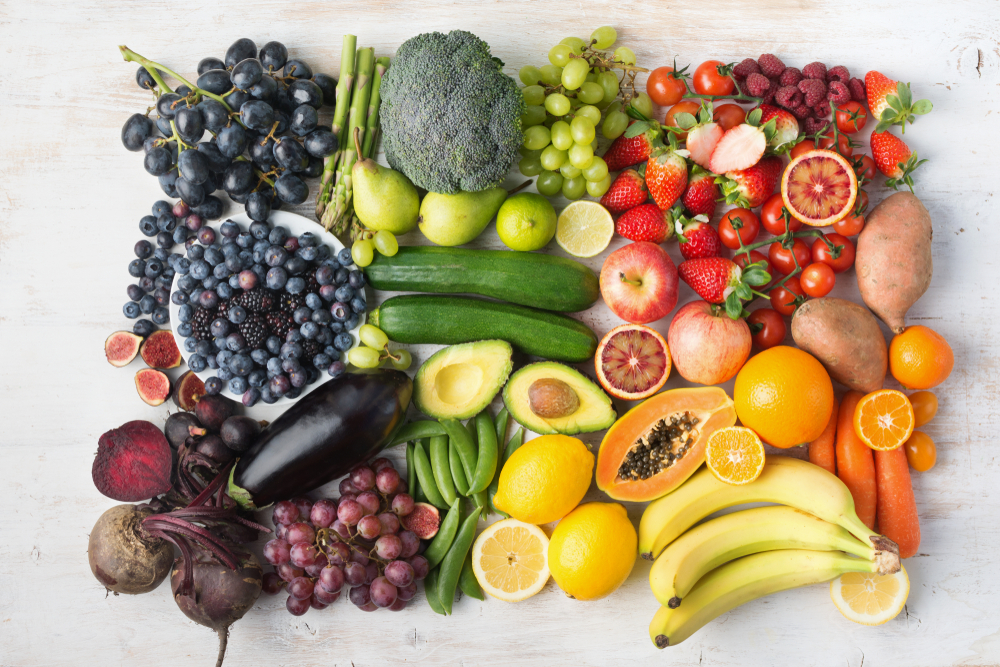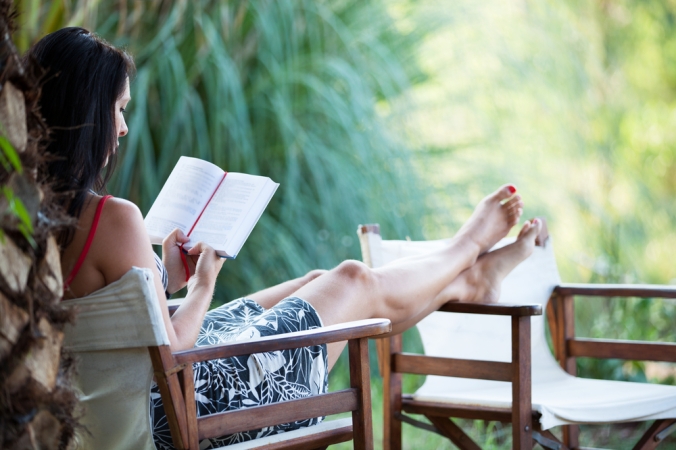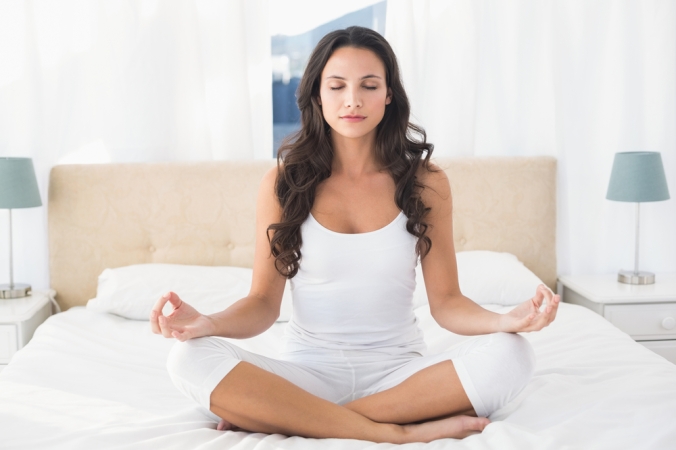
Getting sufficient and the right type of sleep is a problem for a large number of us. Even if you wouldn’t describe yourself as an insomniac, there may still be nights when you toss and turn and wake up feeling unrefreshed. Thank goodness, therefore, for the mineral, magnesium. It has turned many peoples’ sleep nightmares into sweet dreams!
Clinical Nutritionist Suzie Sawyer shares the reasons why magnesium is a great sleep remedy.

The wonders of magnesium
Magnesium is second to potassium in terms of its concentration in our cells, which means it’s pretty important! Around 60% of magnesium is found in bones, 26% in muscle and the remainder in soft tissue and body fluids. It’s especially rich in those organs that are very active, especially the brain and heart.

However, magnesium is an extremely busy mineral, being used in around 300 different enzyme reactions, which means not much goes on in the body without magnesium being involved in some way. Importantly, though, magnesium is needed to produce our brain neurotransmitters and hormones, hence its ability to help with sleep.
Another one of magnesium’s many jobs is its ability to control nerve transmission and function. It also helps to calm what are known as ‘excitatory’ nerve transmissions, meaning those that ‘rev’ us up. Clearly, that’s not what’s needed when we’re trying to sleep!
Magnesium and relaxation
Whilst we’re still learning exactly why magnesium is so beneficial for sleep, one thing we do know is that it is needed for muscle relaxation. If you suffer from restless leg syndrome which keeps you awake at night then Magnesium can provide helpful relief, therefore enabling better sleep.
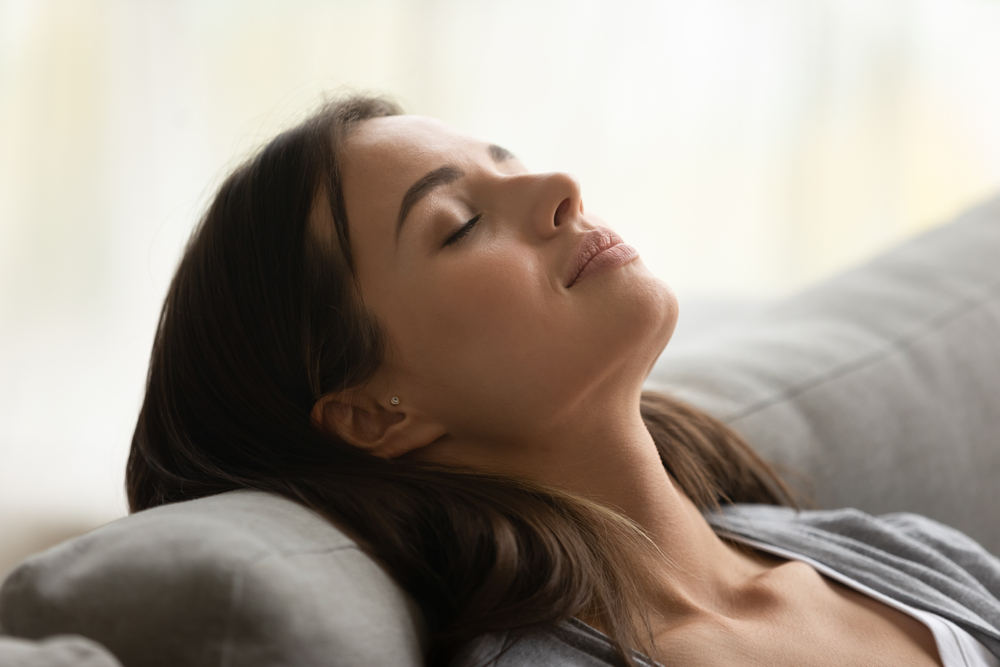
Since such a large percentage of magnesium is found in our muscles, it makes sense that its positive effects are going to be felt within the muscles too. Magnesium is known as a natural ‘tranquiliser’ because of this unique ability to enable relaxation throughout the body.
The mineral calcium is also a muscle relaxant: as magnesium helps regulate proper calcium metabolism, this is another reason it’s going to help with sleep.
Different forms of magnesium
There are several different forms of magnesium and they all do slightly different jobs. However, the glycinate form helps support the nervous system, so is the most widely used form for sleep.
Interestingly, and slightly confusingly, magnesium is also needed for energy production, because of how it works within the energy-producing cycle known as the Krebs cycle. Again, different forms have different jobs. Whilst it’s needed for chemical reactions to take place, magnesium is not going to give you a sudden boost of energy, which is good thing when trying to sleep: it’s more about making sure everything is working well within the body’s complex biochemical network and that everything is in balance.
Where to find magnesium
Magnesium is known to be deficient in the typical western diet, because it’s found in whole foods rather than processed ones. Elderly people and ladies suffering from pre-menstrual syndrome (PMS) are known to have too little magnesium in the diet.
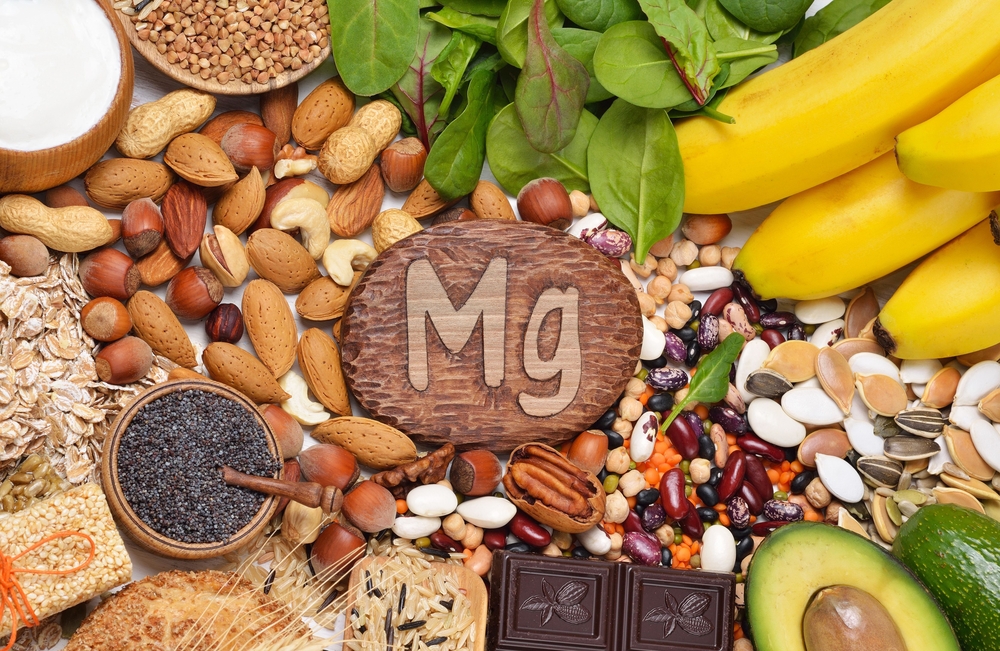
Magnesium can be found in whole foods such as brown bread, nuts and seeds, beans lentils, avocado, green leafy vegetables, brown rice, chicken, milk, and cheese. Just reducing the number of pre-packaged foods in the diet and focusing on whole foods will really improve your intake of magnesium.
Consider supplementation
Whilst you might be eating plenty of magnesium in the diet, you may still be struggling to sleep. Unfortunately, magnesium is used up by the body in greater amounts when we’re stressed. In addition, some of our foods contain less than they used to because the soil in which they are grown is depleted in nutrients generally.
If you’re having problems sleeping, then the best advice is to take magnesium glycinate as a supplement about one hour before bedtime.
Magnificent magnesium really could be answer to getting a good night’s sleep.
FOR MORE GREAT NUTRITION AND LIFESTYLE ADVICE:
Sign up to receive our blog and get a weekly dose of the latest nutrition, health and wellness advice direct to your inbox.
For everything you need to know about vitamins, minerals and herbs visit our sister site Vitamin Expert – your essential guide to nutrition and natural health.
Follow us on Instagram @feelaliveuk for nutrition, lifestyle and well-being tips.
Visit us at www.feelaliveuk.com for the latest offers and exclusive Alive! content.
Follow and Chat with Suzie on Twitter @nutritionsuzie
All images: Shutterstock












